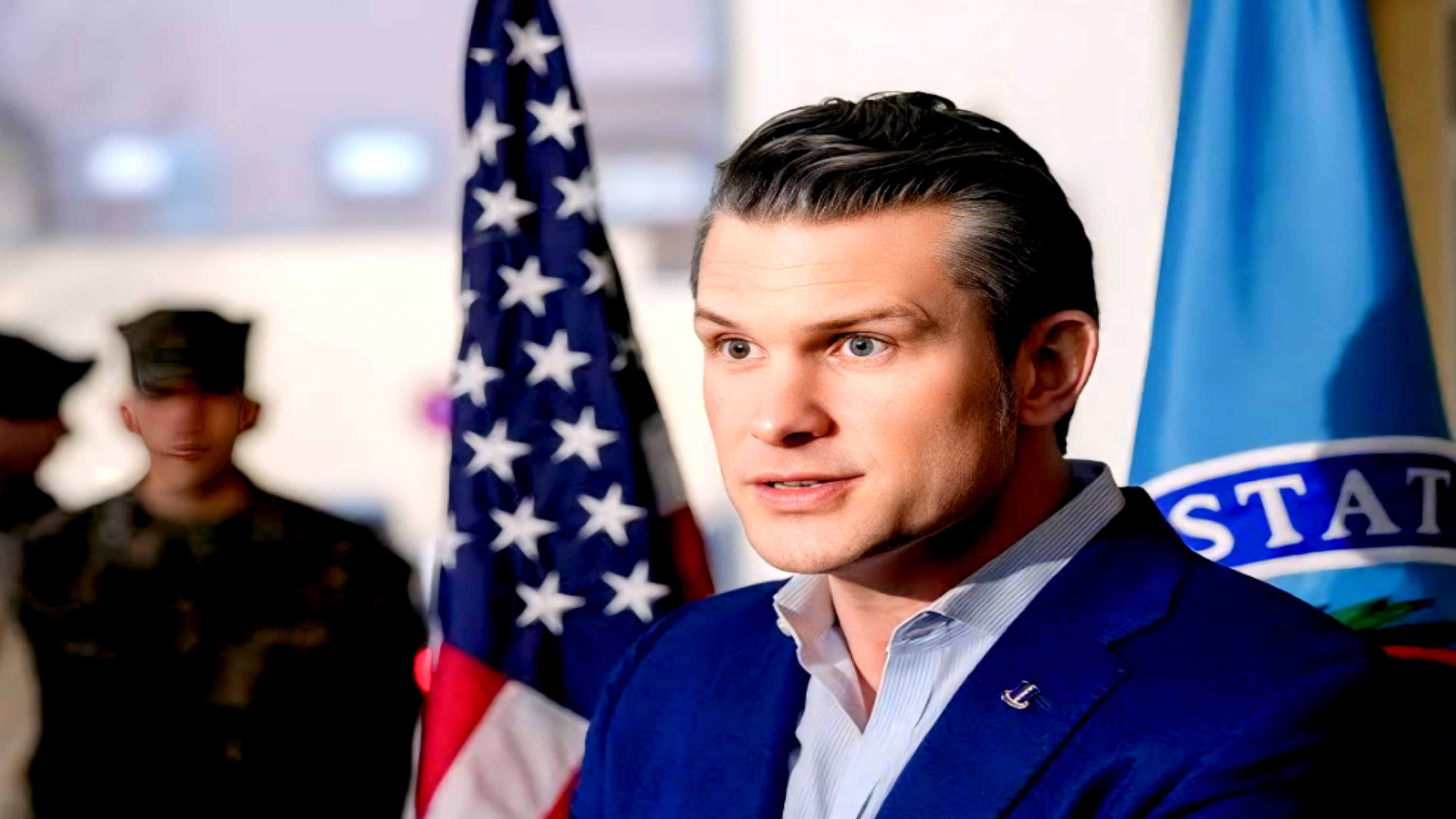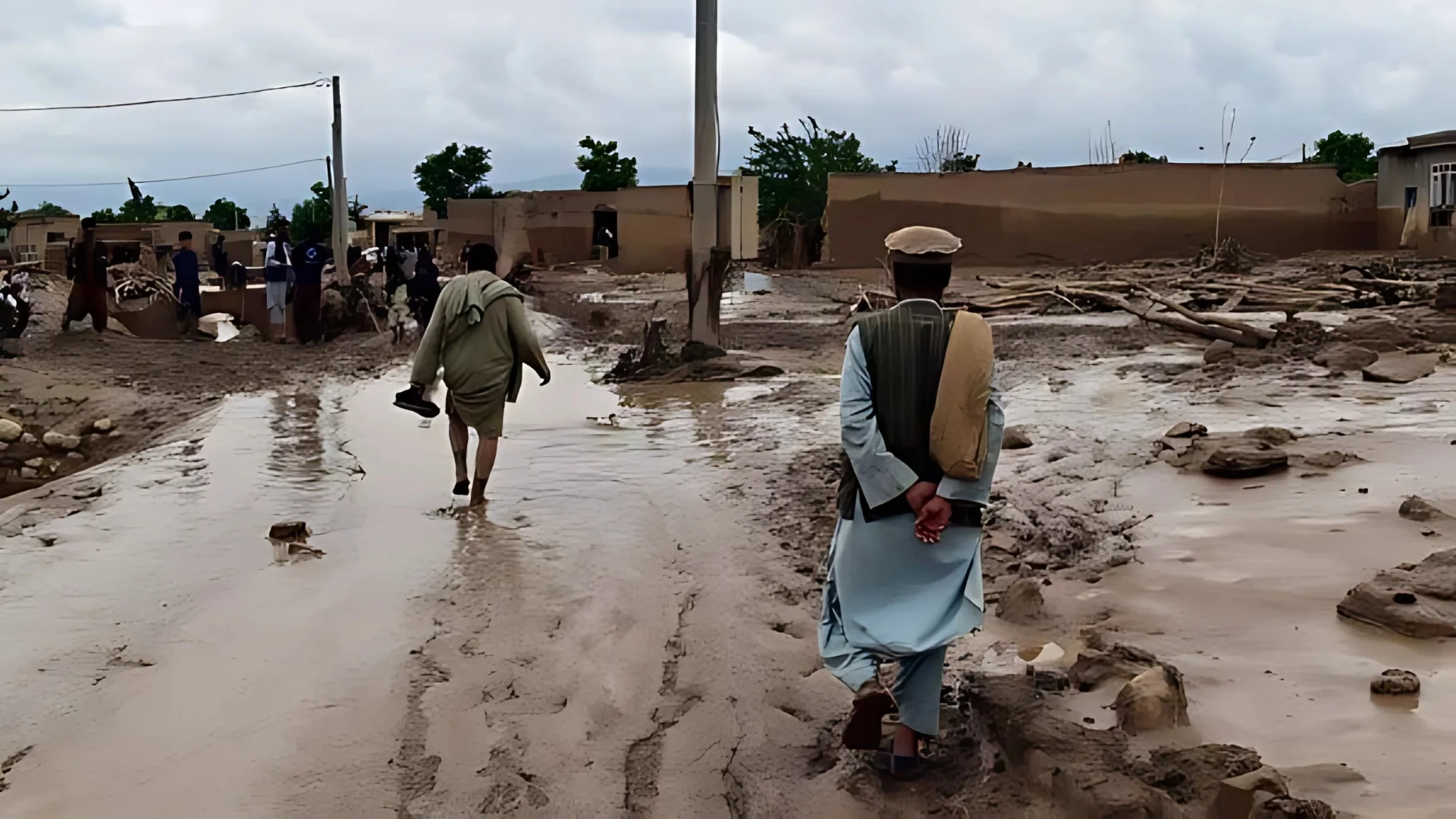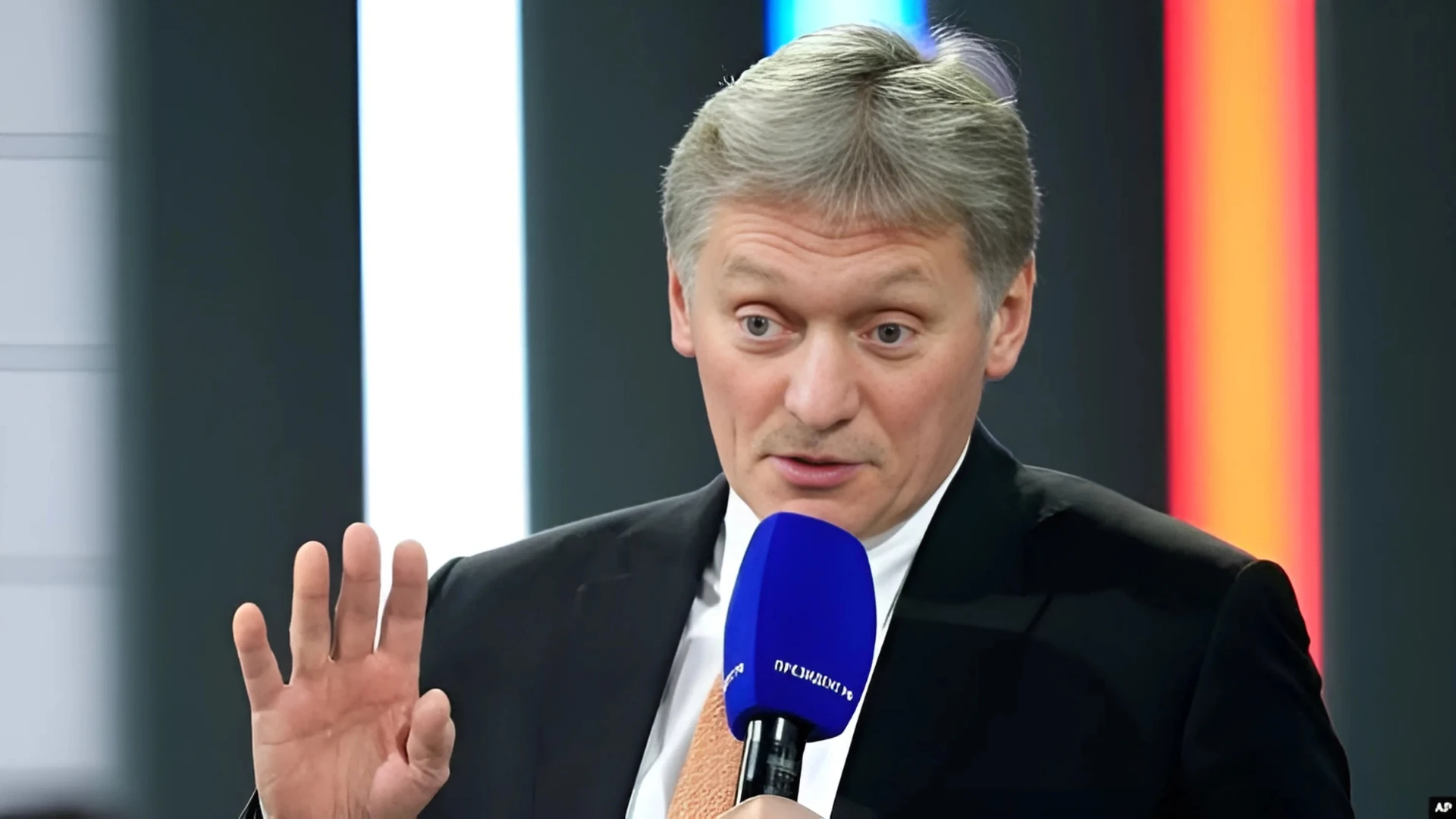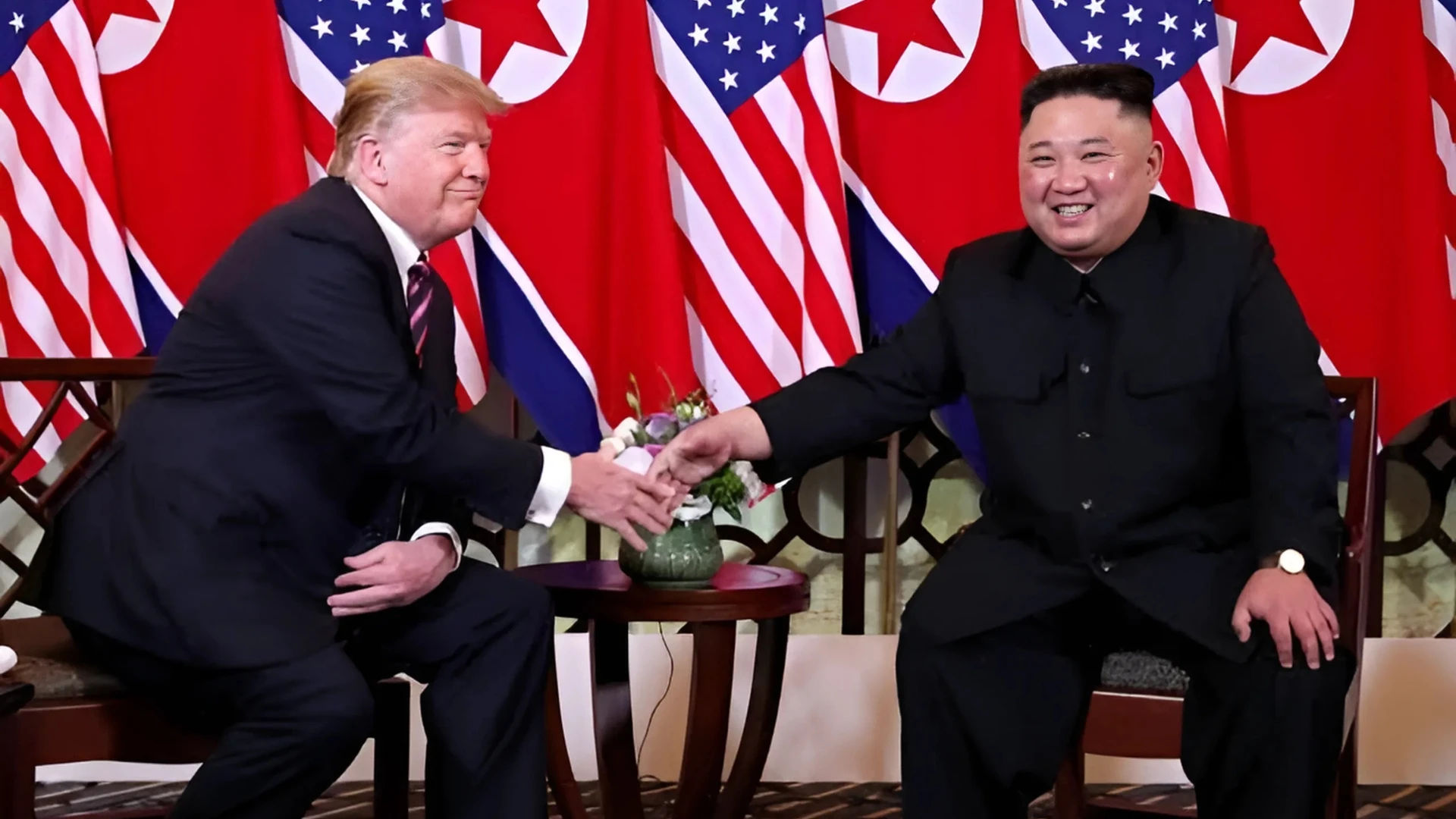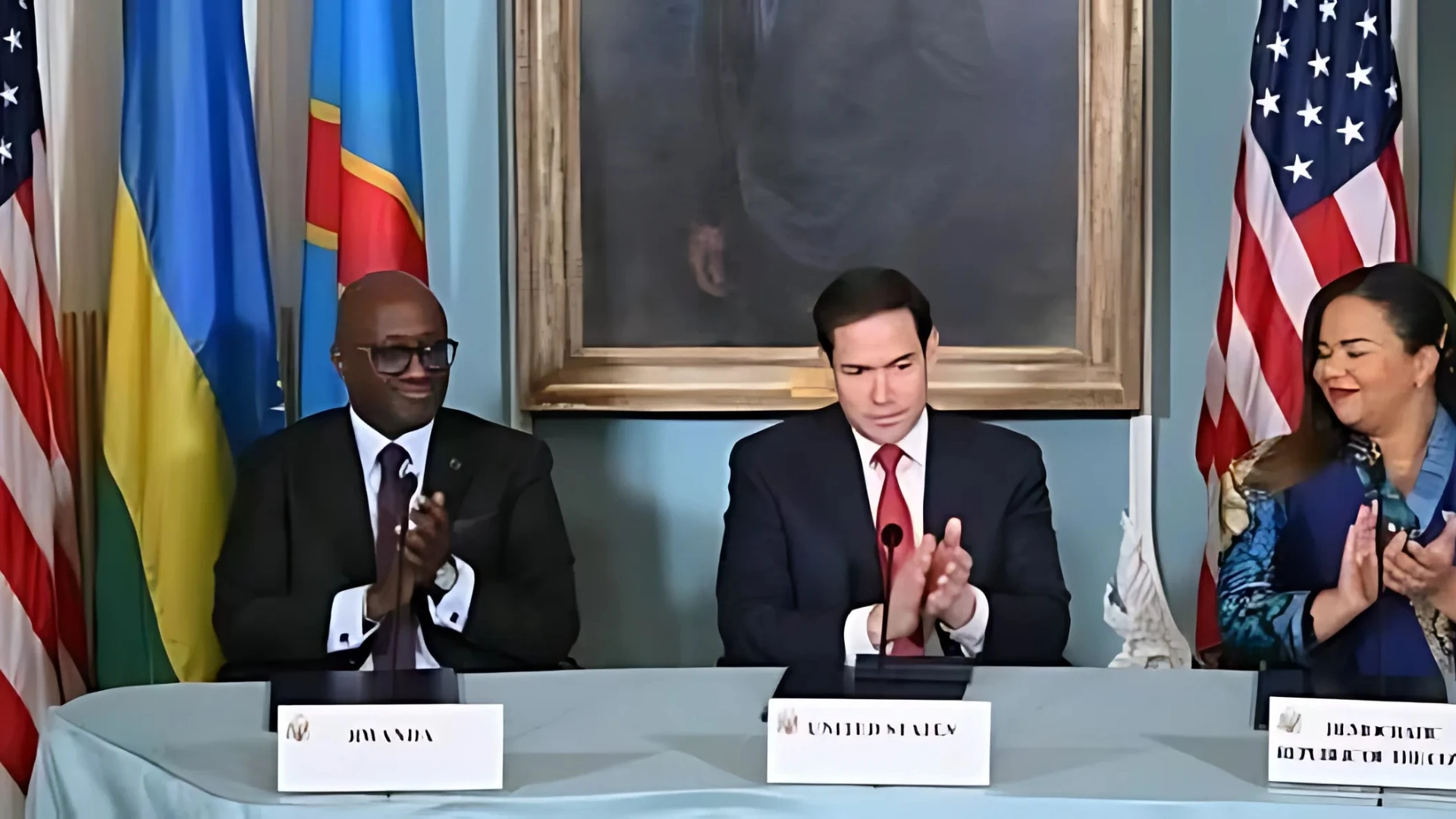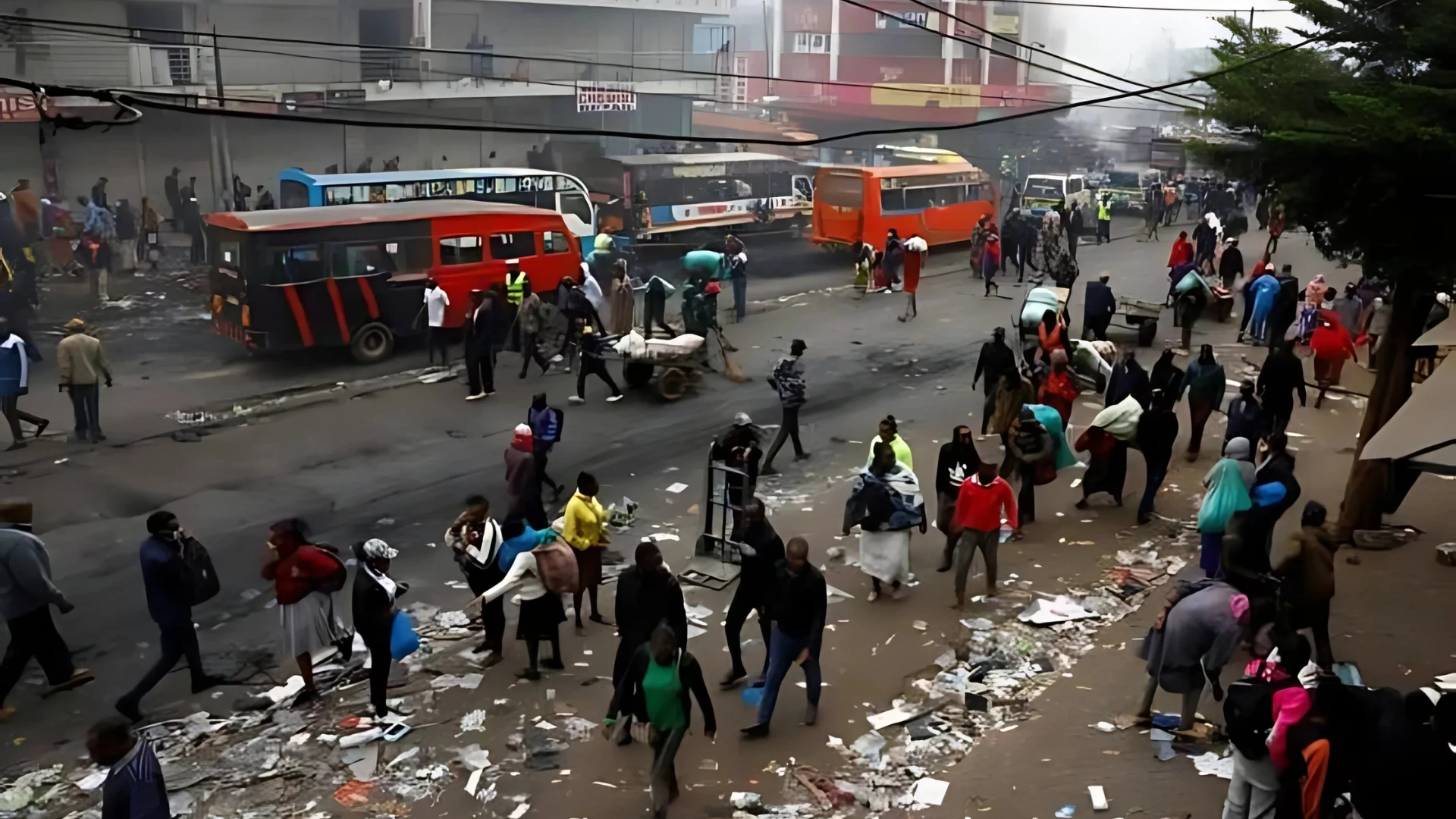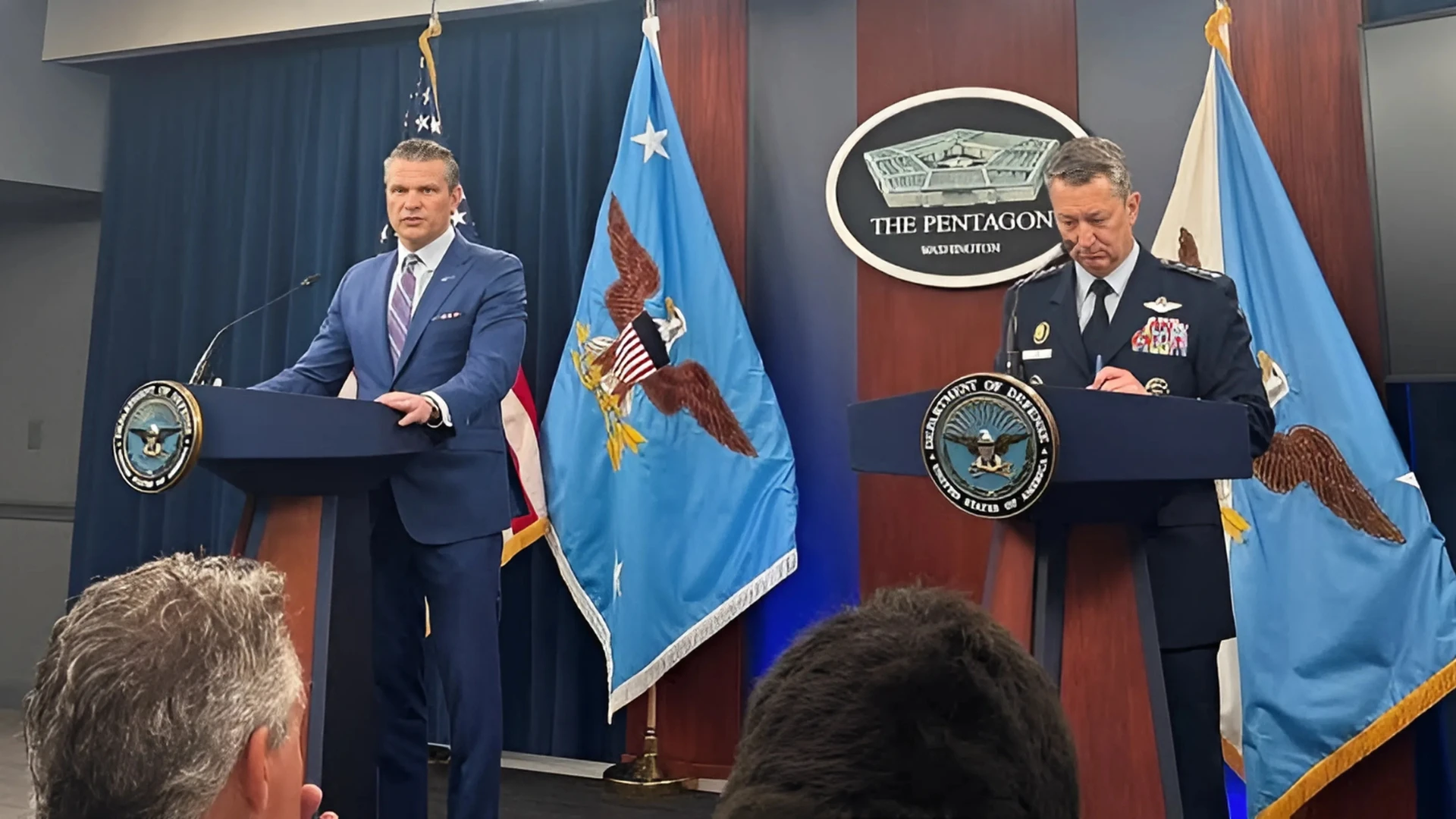Brussels: In his first in-person meeting with European defense leaders, U.S. Defense Secretary Pete Hegseth is set to push NATO and the European Union to take on greater responsibility for Ukraine’s security.
The shift marks a strategic recalibration by the Trump administration, which is seeking to reduce America’s direct involvement in the conflict while pressuring allies to increase military and financial commitments.
A key gathering of the Ukraine Defense Contact Group, typically led by the United States under the Biden administration, will instead be chaired by the United Kingdom this time. The group, which coordinates military aid to Ukraine, was initially established by the U.S. in the wake of Russia’s 2022 invasion.
As part of a broader diplomatic push, Hegseth, Secretary of State Marco Rubio, and President Trump’s envoy to Ukraine and Russia, Gen. Keith Kellogg, will meet with NATO and European leaders this week to advocate for increased defense spending and faster arms production.
During Thursday’s NATO defense ministers’ meeting, Hegseth is expected to urge allies to allocate at least 5% of their GDP toward defense, emphasizing the need to strengthen Europe’s military-industrial capacity.
Despite these appeals, European officials remain cautious about Washington’s true intentions. Some diplomats have expressed skepticism, noting that no clear policy direction has been outlined and that decision-making power ultimately rests with President Trump.
While the administration has signaled a preference for a diplomatic resolution to the war, officials acknowledge that the framework of any potential peace deal remains undefined. Kellogg, who will be attending the Munich Security Conference, has emphasized that only President Trump will present an official peace proposal. Behind the scenes, Kellogg has been engaging with international partners, including ambassadors in Washington, to discuss possible diplomatic and strategic options.
In a related development, the White House announced the successful negotiation of U.S. citizen Marc Fogel’s release from Russian custody as part of a prisoner exchange. National Security Adviser Mike Waltz framed the deal as a sign of progress in diplomatic engagement with Moscow, potentially laying the groundwork for broader discussions about ending the conflict.
However, NATO and European officials have struggled to discern the Pentagon’s stance under Hegseth’s leadership. His tenure so far has focused primarily on domestic military policies, such as removing diversity, equity, and inclusion programs and reinforcing security at the U.S.-Mexico border.
The Trump administration has yet to authorize additional direct military assistance to Ukraine through the Presidential Drawdown Authority, leaving nearly $4 billion in previously approved funding untouched. Trump has also hinted that any continued U.S. aid could be contingent on economic benefits for the United States.
In a recent interview, he suggested Ukraine should provide the U.S. with significant access to its rare earth minerals in exchange for continued support. Treasury Secretary Scott Bessent is set to visit Kyiv for discussions on resource investments, which could lead to a structured U.S. role in Ukraine’s critical mineral sector.
While military aid packages approved under the previous administration are still being delivered, Kellogg has indicated that future U.S. support may depend on Ukraine’s willingness to engage in peace negotiations. However, whether Russian President Vladimir Putin is open to talks remains an open question, as he has consistently refused to alter his demands.
With uncertainty surrounding Washington’s long-term commitment, NATO and EU nations have been preparing for a reduced U.S. role. In response, NATO has created its own mechanisms to provide military aid to Ukraine, and discussions are underway about deploying European peacekeeping forces to Ukraine once a settlement is reached.
While the U.S. is unlikely to send troops, European leaders have suggested they may require American logistical and intelligence support to sustain a peacekeeping mission. At the same time, Trump’s advisers have emphasized that any future security guarantees for Ukraine will be the responsibility of European nations, not the United States.
As Hegseth meets with NATO allies, the broader message from the Trump administration is clear: Europe must take the lead in ensuring Ukraine’s security, while Washington focuses on negotiating an end to the war—on its own terms.


